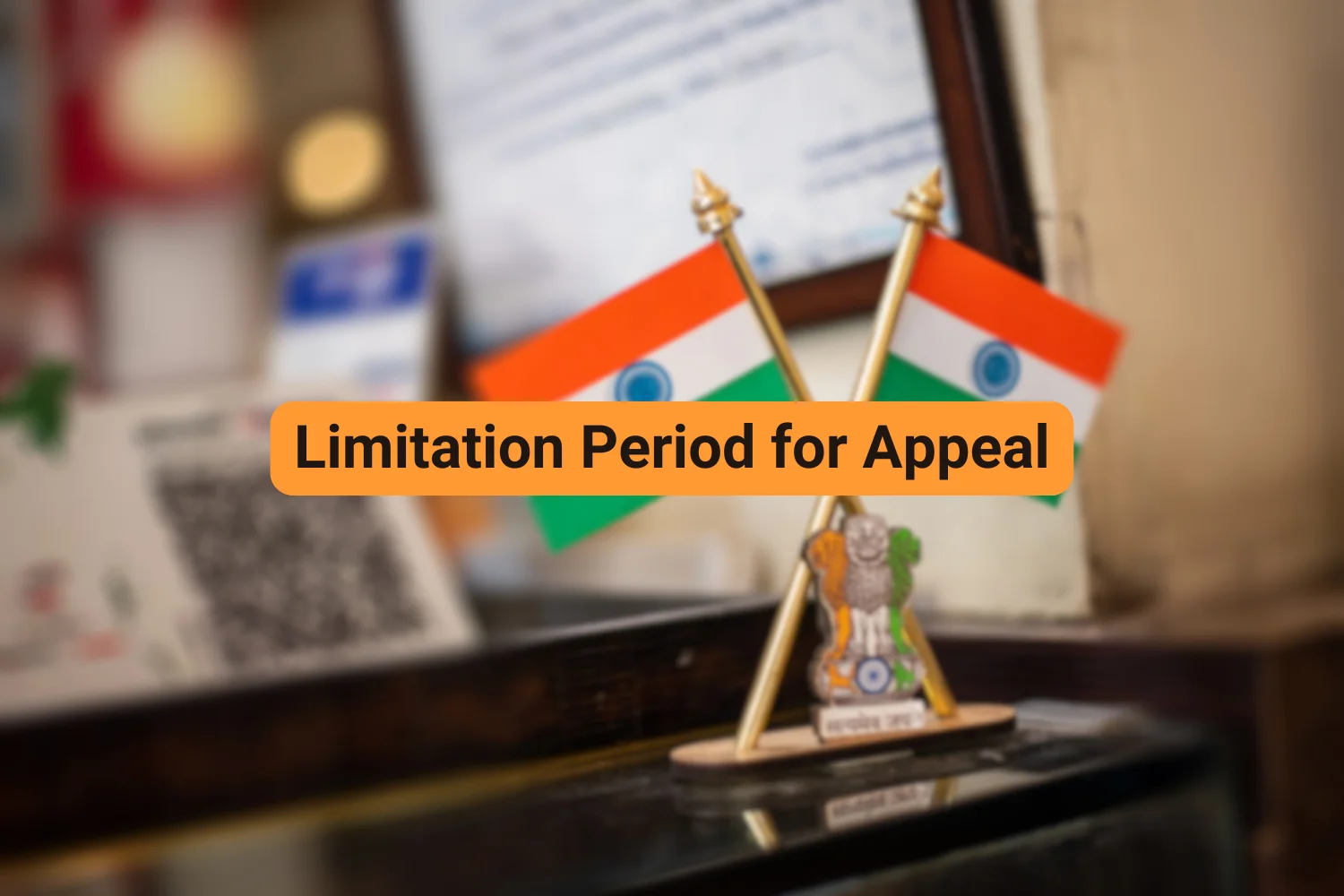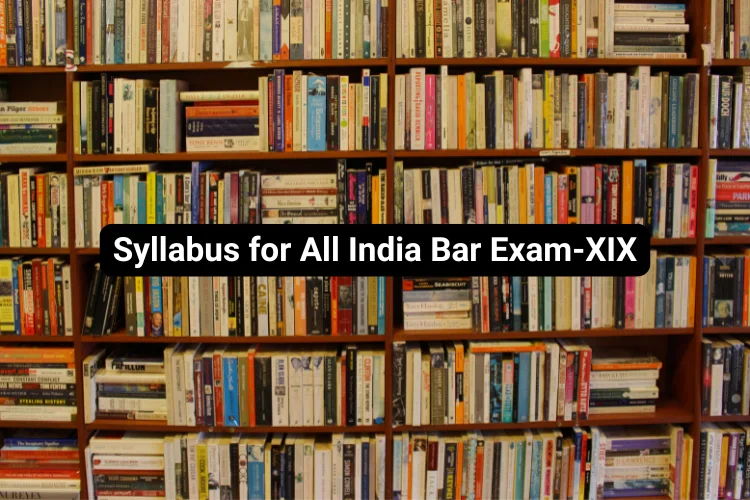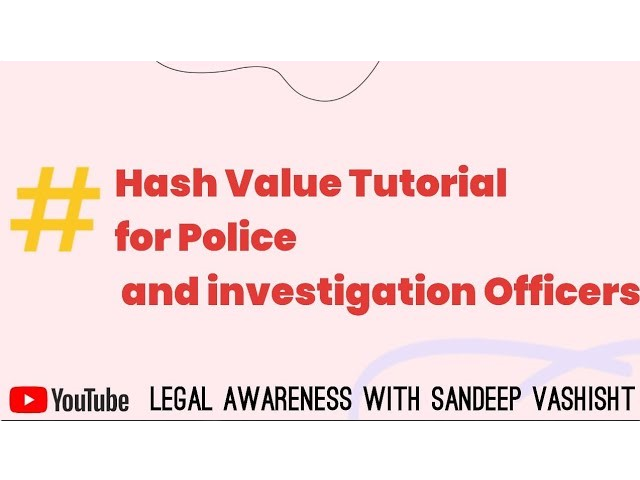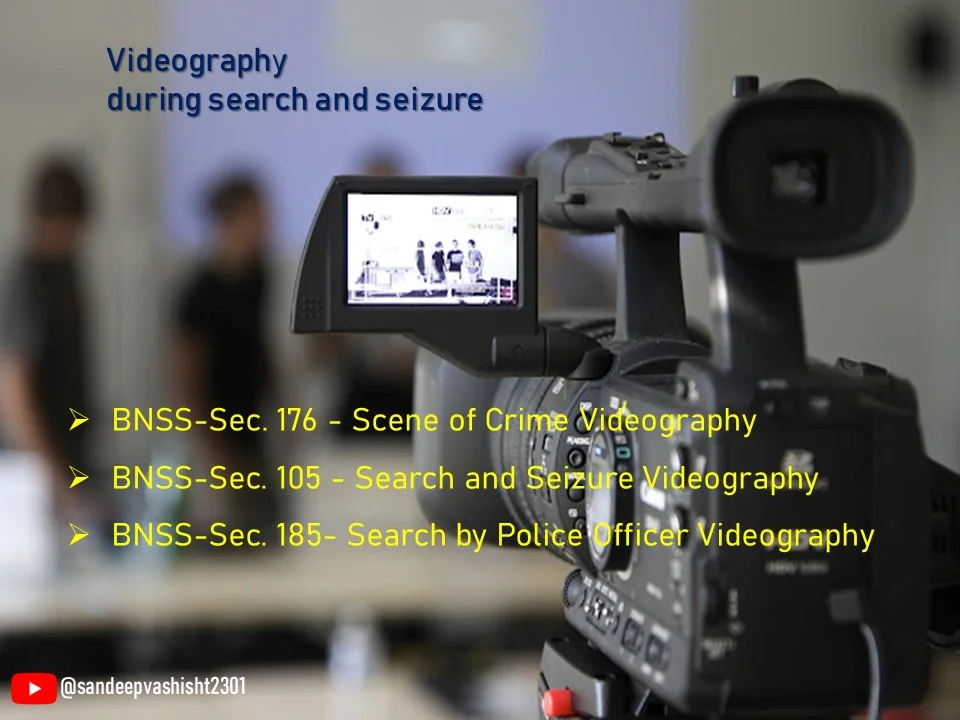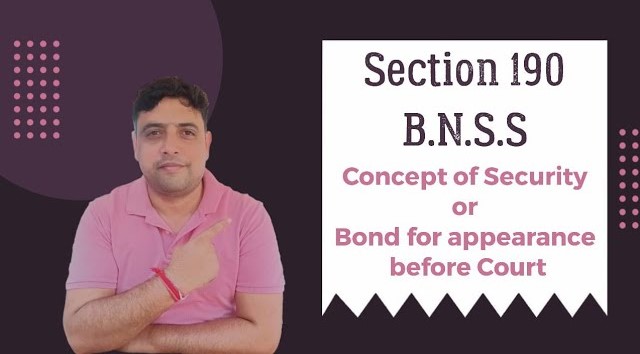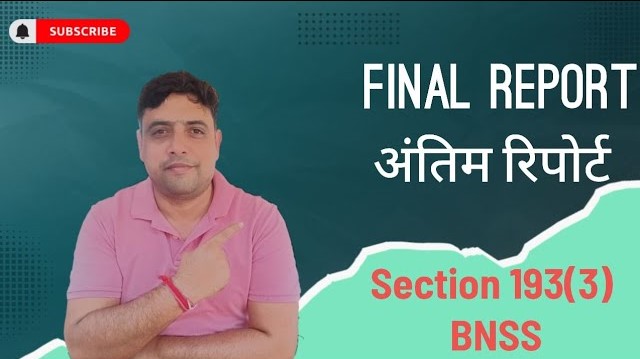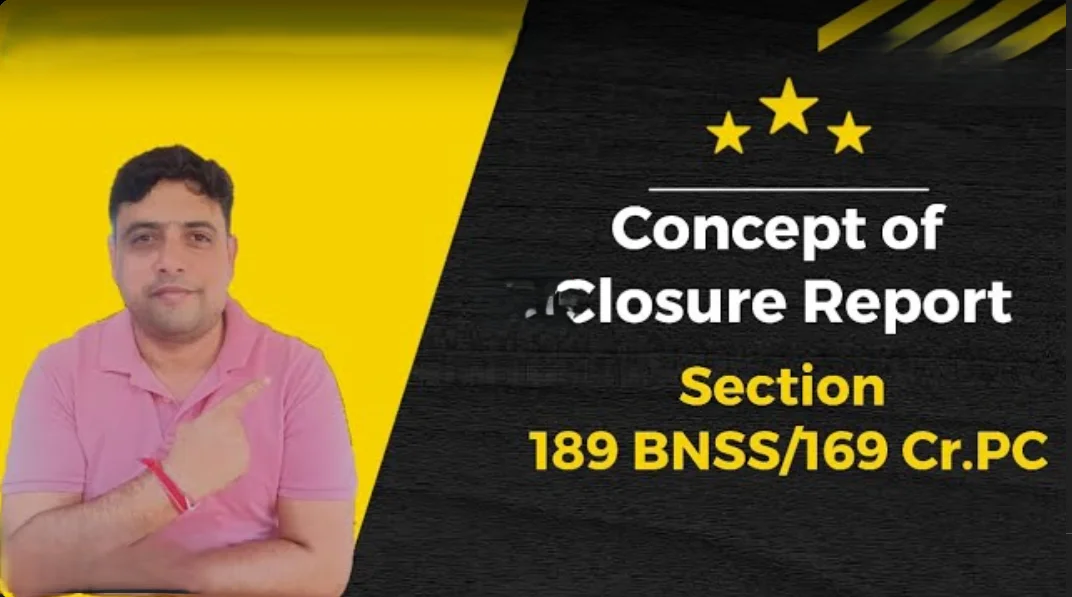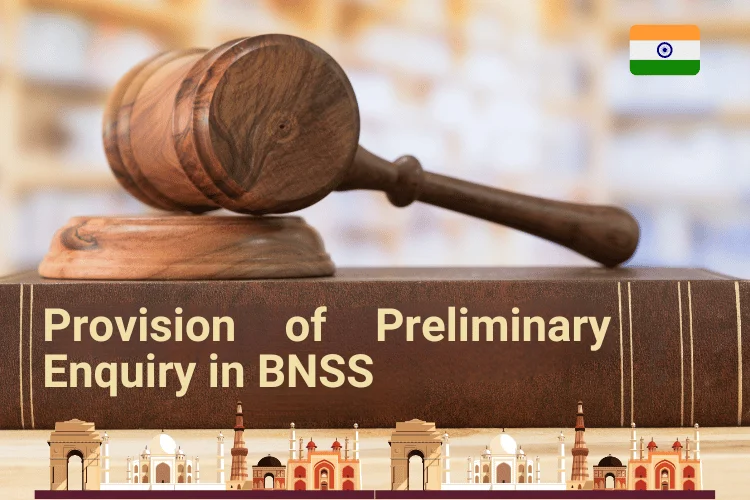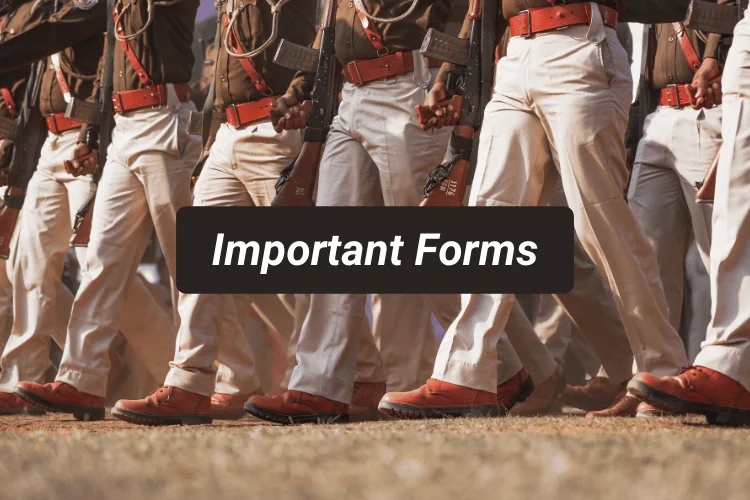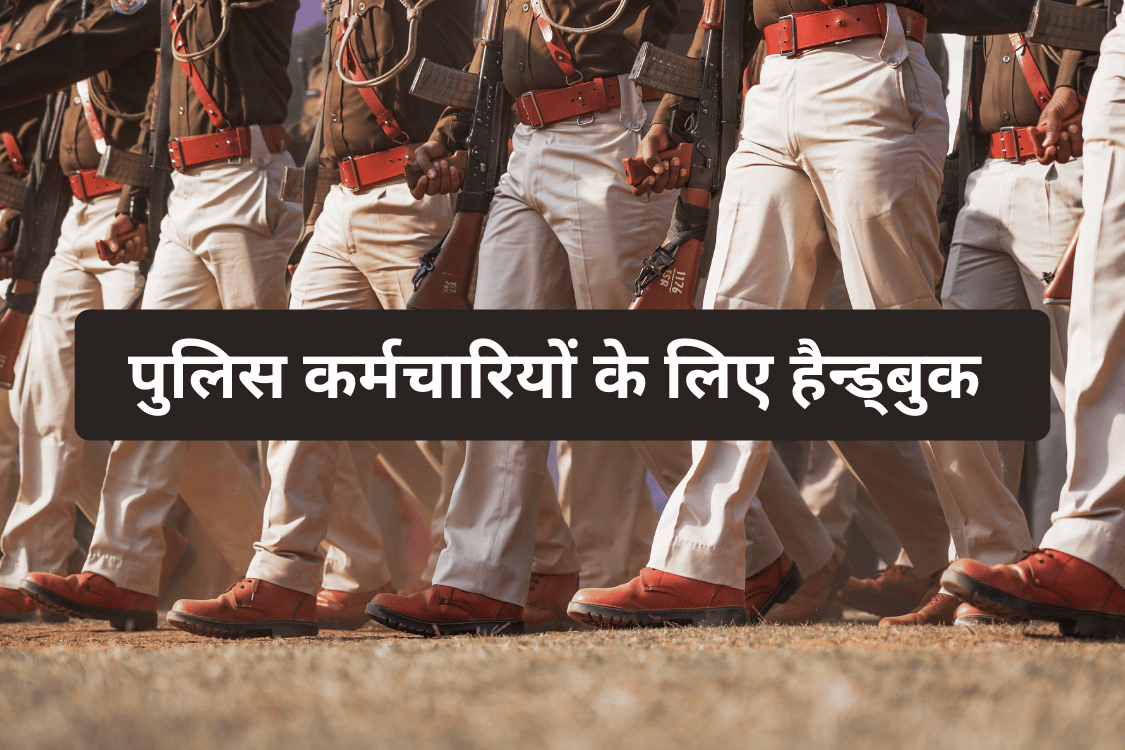Limitation for Taking Cognizance of Certain Offences

INTRODUCTION
In criminal prosecutions, the general principle is reflected in the Latin maxim "nullum tempus occurrit regi," meaning lapse of time does not bar the right of the Crown. This rule, which does not apply to private individuals ("Vigilantibus et non dormientibus jura subveniunt"), underscores that the State's right to prosecute is not subject to time limitations. Since criminal prosecutions are launched by the State and offenses are seen as injuries to both the individual and society, the old Code did not prescribe any period of limitation for criminal prosecutions, reflecting this principle.
This chapter (Sections 467-473) of the Criminal Procedure Code (CrPC) was introduced in 1973 to establish different limitation periods for taking cognizance of various offenses, based on their severity. The Law Commission and the Joint Committee on Parliament recommended this change.
However, the Economic Offences (Inapplicability of Limitation) Act, 1974, exempts certain economic offenses from these limitation periods. These exemptions apply to offenses under the following Acts:
- Income-tax Act, 1961
- Wealth-tax Act, 1957
- Gift-tax Act, 1958
- Central Sales-tax Act, 1956
- Customs Act, 1962
- Gold (Control) Act, 1968
- Foreign Exchange Regulation Act, 1947/1973
- Indian Stamp Act, 1899
- General Insurance Business (Nationalization) Act, 1972
These economic offenses are not subject to the limitation periods prescribed in this chapter of the CrPC.
Definition
Section 467 of the Criminal Procedure Code (CrPC) defines the term "period of limitation" for the purposes of this Chapter (Chapter XXXVI, which deals with Limitation for taking cognizance of offences).
According to this definition, "period of limitation" refers to the time period specified in Section 468 of the CrPC for taking cognizance of an offence. In other words, it is the time limit within which a court can take cognizance of an offence.
Section 468 of the CrPC specifies the different periods of limitation for various types of offences, ranging from 6 months to 3 years or more, depending on the nature and severity of the offence.
BAR TO TAKING COGNIZANCE AFTER LAPSE OF PERIOD OF LIMITATION[SECTION 468]
- No court shall take cognizance of an offence beyond the specified period of limitation, except as otherwise provided in the Code.
Period of Limitation
- 6 months for offences punishable with fine only
- 1 year for offences punishable with imprisonment up to 1 year
- 3 years for offences punishable with imprisonment exceeding 1 year but not exceeding 3 years
Determination of Period of Limitation for Offences Tried Together
- The period of limitation is determined by the offence with the most severe punishment.
Case Laws
Udai Shankar Awasthi v. State of UP & Another (2013) : This case of Supreme Court dealt with the limitations period for taking cognizance of an offence. The key points are:
- Section 468 of the CrPC sets a time limit for taking cognizance of an offence. If the limit expires, the court can't take cognizance.
- Section 469 explains when the time limit starts.
- Section 473 allows the court to extend the time limit if the prosecution or complainant has a good reason for the delay and it's in the interest of justice.
The idea behind condoning delay is that a crime is considered a wrong against the State and society, not just the individual victim. So, even if time passes, the State can still initiate proceedings against the offender. This is based on the legal principle "nullum tempus aut locus occurrit regi," which means that lapse of time is no bar to the Crown (State) from initiating proceedings. In simpler terms, a crime never goes away with time, and the State can always take action against the offender, even if it takes time.
State of HP vs Tara Dutta (1999), the court held that it has the power to take cognizance of an offence even after the expiry of the limitation period. This power is conferred on the court if it is satisfied that the delay in filing the case has been properly explained and that it is necessary to take cognizance in the interest of justice. The court's discretion to condone the delay and take cognizance of the offence is based on the facts and circumstances of the case. This means that even if the limitation period has expired, the court can still take cognizance of the offence if it is deemed necessary to do so in the interest of justice.
Assistant Collector of Customs vs. ULR Malwani & Anr (1970), The Supreme Court of India addressed the issue of delay in filing a complaint. The Court noted that the absence of a statutory period of limitation for criminal offenses in Indian law is a significant lacuna. This observation caught the attention of the Joint Committee of Parliament, which acknowledged the need to address this gap in the legal framework. The Court's observation highlights the importance of establishing a time limit for filing criminal complaints to ensure that justice is served in a timely and efficient manner.
Bhawani Shankar Sahay vs. The Assistant Registrar of Companies (1980), The High Court held that the six-month limitation period prescribed by Section 468 of the Code of Criminal Procedure, 1973, does not apply to an offence under Section 551(5) of the Companies Act, 1956. The Court reasoned that Section 551(5) pertains to a continuing offence, as it imposes a daily fine on the liquidator for non-compliance with the section's requirements, until such requirements are fulfilled. Therefore, the Court concluded that the six-month limitation period under Section 468 is inapplicable to such continuing offences, and the liability continues until the requirements are complied with.
This judgment highlights the importance of considering the nature of the offence and the specific legislation involved when determining the applicability of limitation periods in criminal cases.
Sarah Mathew vs. Institute of Cardiovascular Diseases (2014) 2 SCC 62,
The Supreme Court clarified that the computation of the period of limitation under Section 468 of the Code of Criminal Procedure, 1973. The Court held that the relevant date for calculating the limitation period is the date of filing of the complaint or the date of institution of prosecution, and not the date on which the magistrate takes cognizance. This ruling sets a precedent for determining the starting point of the limitation period, ensuring that the time frame for initiating criminal proceedings is calculated accurately.
This judgment provides clarity on the interpretation of Section 468, ensuring that the legal community and courts adhere to a uniform approach in computing the period of limitation, thereby promoting consistency and fairness in criminal proceedings.
COMMENCEMENT OF THE PERIOD OF LIMITATION
Section 469, Code of Criminal Procedure, 1973
When the Period of Limitation Begins
a. On the date of the offence itself
b. When the offence comes to knowledge
- First day it comes to the knowledge of the person aggrieved by the offence
- First day it comes to the knowledge of any police officer
- Whichever is earlier
c. When the identity of the offender is known
- First day the identity of the offender is known to the person aggrieved by the offence
- First day the identity of the offender is known to the police officer making investigation into the offence
- Whichever is earlier
Computation of the Period of Limitation
Exclusion of the First Day
In computing the period of limitation, the day from which such period is to be computed shall be excluded.
EXCLUSIONS WHEN CALCULATING TIME LIMIT FOR A CRIME [SECTION 470]
1. Active Prosecution in Another Court
- Time spent trying to prosecute the same person for the same crime in a different court
- Conditions for exclusion:
- Prosecution is active and ongoing (with due diligence)
- Case is related to the same facts
- Prosecution is done in good faith
- Court is unable to hear the case due to a technical issue (like lack of jurisdiction)
2. Court Orders or Injunctions
- Time when the legal process is paused by a court order or injunction
- Specific periods excluded:
- Day the order was made
- Days the order was in effect
- Day the order was lifted
3. Notice and Consent
- Time spent giving notice of prosecution for an offence
- Time spent waiting for government or authority consent or sanction to prosecute an offence
- Specific periods excluded:
- Day the application was made
- Days spent waiting for a response
- Day the consent or sanction was received
4. Offender Absent or in Hiding
Time spent by the offender:
- Outside of India
- In a territory controlled by the Central Government
- Hiding or absconding to avoid arrest
In above conditions , time shall be excluded when calculating the time limit for a crime. It's like hitting the pause button on the timer while waiting for the necessary permissions or approvals, and then starting the timer again when the permissions are granted.
COURT CLOSURES AND TIME LIMITS [SECTION 471]
- If the time limit for a crime expires on a day when the Court is closed, the Court can still take action on the next day it opens.
- A Court is considered closed if it is not open during its normal working hours.
CONTINUING OFFENCES AND TIME LIMITS [472]
New Time Limit for Continuing Offences
- If a crime is ongoing, a new time limit starts from the moment the offence continues.
- This means that the time limit is extended as long as the offence continues.
Case law
Udai Shankar Awasthi vs. State of UP (2013), In this case , the argument was that since the matter was purely civil and arbitration proceedings on the same subject were ongoing, starting criminal proceedings after a lapse of 15 years was an abuse of the court process. The complaint should have been barred by Section 468, which sets time limits for filing complaints. However, the High Court considered it a continuing offense.
EXTENSION OF TIME LIMIT IN SPECIAL CASES [473]
Exception to the Rule
Even if the time limit for a crime has expired, a Court can still take action if:
- The reason for the delay is properly explained
- It is necessary for the sake of justice
This means that the Court has the discretion to consider exceptional cases and override the time limit if it is in the best interest of justice.
Case Law
Bharat Hybrid Seeds & Agro vs The State (AP High Court ) 1978
The law doesn't have a procedure for extending the time limit for filing a complaint or condoning delays. However, Section 467 gives the court the power to extend the time limit if it's satisfied that the delay has been properly explained. This means that the court can consider the reasons for the delay and decide whether to allow more time. If the time limit expires, the accused person gains the right to not be prosecuted further. This means that they can't be tried for the crime anymore, and the case is effectively closed.
In simple terms, the law doesn't have a provision for extending the time limit for filing a complaint, but the court has the discretion to allow more time if the delay is justified. If the time limit expires, the accused person is protected from further prosecution.







